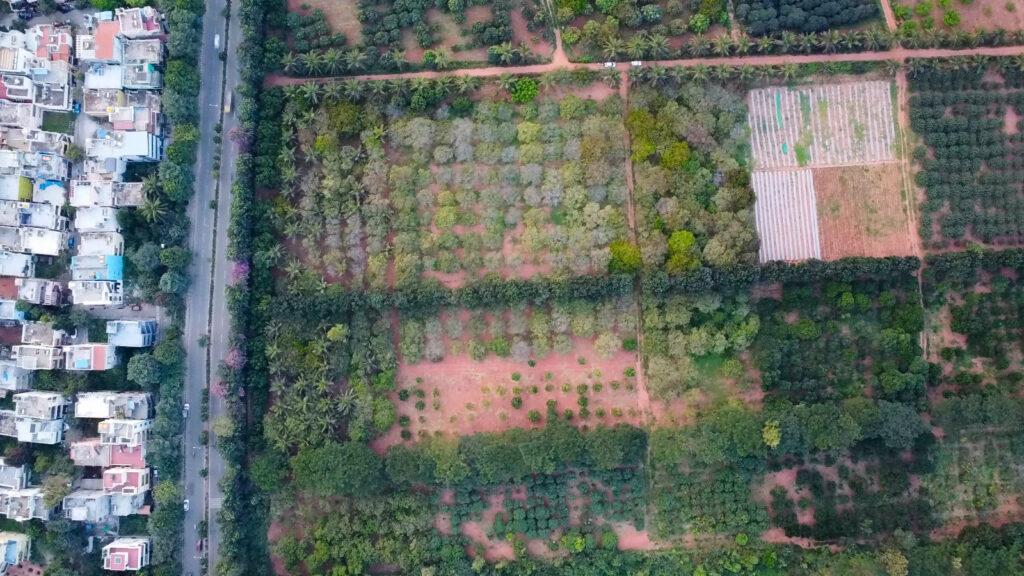
GREEN MINUTE NEWS:
The proposed construction of an “international flower auction market” inside the verdant GKVK campus has drawn flak from every quarters. In fact, a massive wave of public outcry has emerged in Bengaluru with citizens, students, alumni, farmers, and environmentalists joining hands to protest against the proposed construction at the University of Horticultural Sciences (UHS) campus in Gandhi Krishi Vigyana Kendra (GKVK), Bengaluru.
The international flower auction market project, which proposes to clear around five acres of green cover and cut down more than 900 mature trees, has sparked city-wide opposition over its environmental, academic, and social implications.
This unscientific project will have a great environmental impact on the UHS campus’s biodiversity and research facilities.
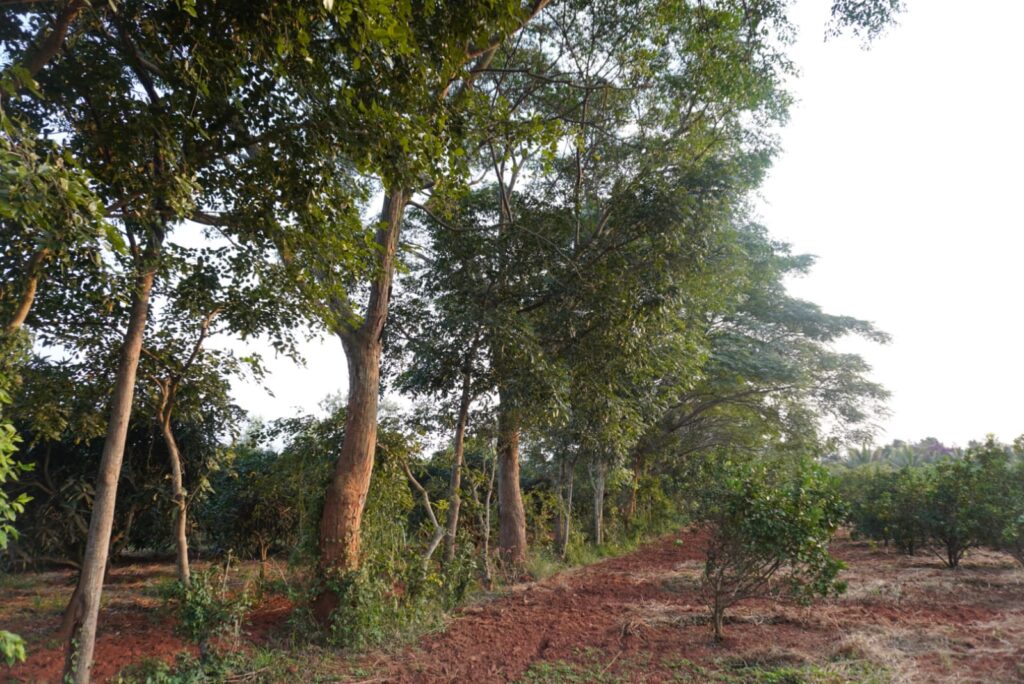
Being one of the greenest areas of Bengaluru, the GKVK campus is considered as a ” lung space” for the northern parts of the city, and the proposal for massive tree felling would significantly harm its unique biodiversity.
In 2010, the GKVK campus of 412 acres was declared as a Biodiversity Heritage Site. So, it is not merely an educational institution but one of the last remaining biodiversity-rich green lungs of Bengaluru.
As of 2025, Bengaluru has lost an estimated 88% of its green cover since 1980s. In 2017, we had one tree per seven persons.
According to IISc studies, green cover has plummeted from nearly 70% in the 1970s to less than 3% in recent years due to uncontrolled urbanization. Paved & concrete area in Bengaluru has risen by 1078 per cent.
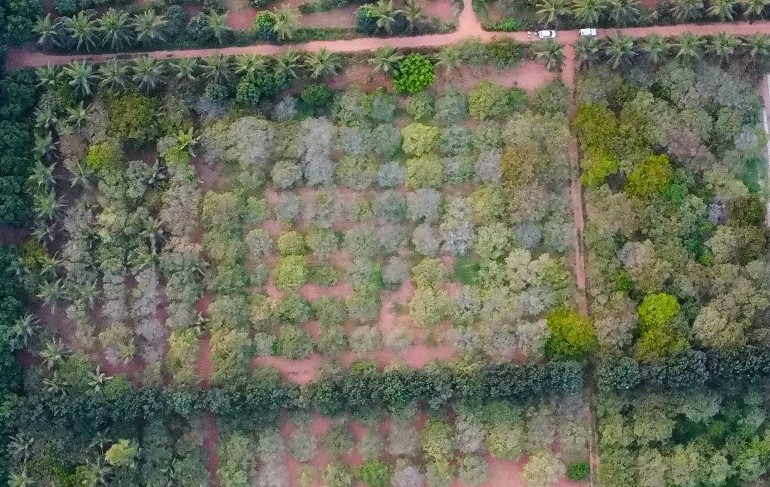
GKVK CAMPUS – A HAVEN FOR BENGALURU
Spread across hundreds of acres, the GKVK campus houses rare plant species, wildlife, and long-term research plantations that have supported India’s horticultural advancements for decades. This project threatens not only biodiversity but also ongoing agricultural research, farmer training programs, and the ecological stability of North Bengaluru.
The proposed felling of 900 trees include species:
- Mango, Cashew, Pomelo,
- Coconut, Jackfruit, and
- Mahogany.
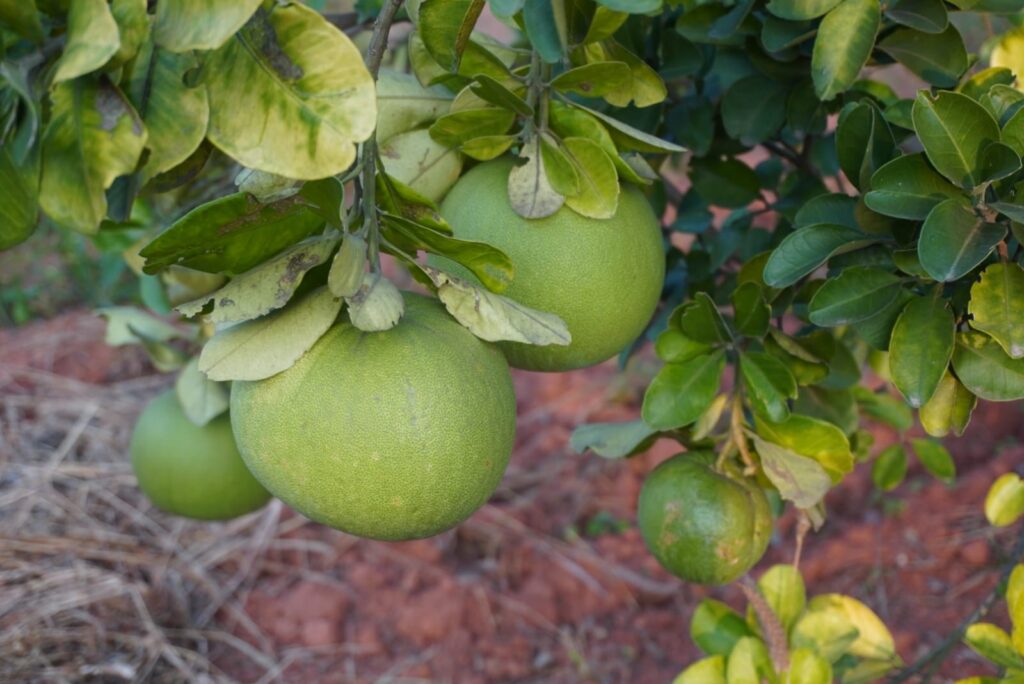
IMPACT OF THIS FLOWER AUCTION MARKET
Experts warn that the impact will be incalculable and cascading. The project’s impact will be wide ranging:
- Destruction of the research plots will dismantle decades of scientific work and erase invaluable data related to drought tolerance, pest resistance, and crop improvement.
- The GKVK campus functions as a living laboratory, where scientists and students study plant genetics, carbon sequestration, and sustainable farming systems. Losing this area means crippling India’s horticultural innovation ecosystem.
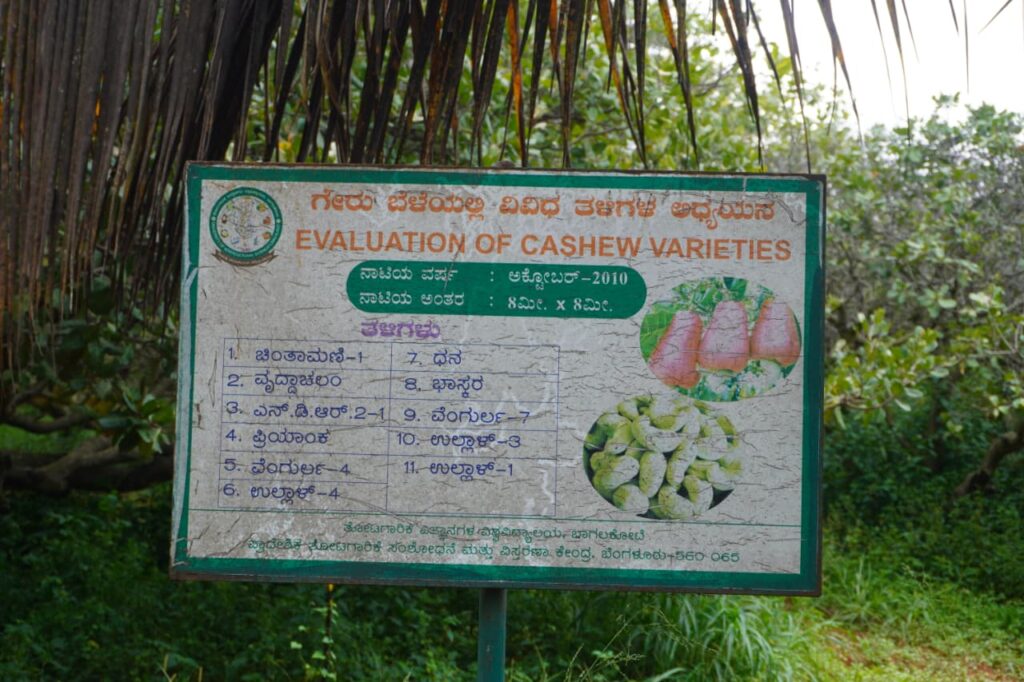
WILL BENGALURU TURN INTO ANOTHER DELHI?
Will citizens of Bengaluru keep quiet like Delhiites and bear the serious consequences of pollution and micro-climatic changes? The impact on Bengaluru’s microclimate and Bengalurians cannot be imagined as the impact will be serious:
- The dense canopy of GKVK acts as a natural carbon sink, absorbing thousands of tons of carbon dioxide and mitigating the city’s rising heat levels.
- Felling nearly a thousand mature trees will significantly worsen the “urban heat island” effect.
- It will increase flooding due to reduced water infiltration, and contribute to air pollution which is a growing crisis in North Bengaluru.
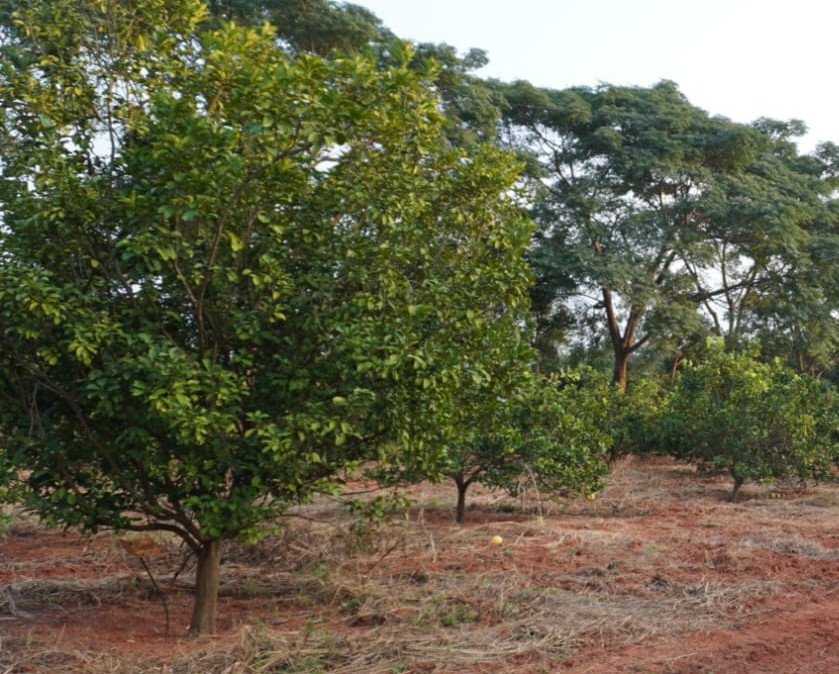
WHAT WILL BE THE IMPACT OF THE PROJECT ON THE FARMERS?
Farmers stand to lose immensely if this project is implemented in the GKVK campus:
- The university regularly hosts workshops, Krishi Melas, & farmer training programs.
- It also offers hands-on learning in grafting, orchard management, and soil health improvement.
- Many farmers rely on live demonstration plots that are slated to be destroyed if the flower market proceeds.
- Ironically, while the project is promoted as a “boon for farmers,” it effectively cuts them off from their primary source of agricultural education and support.
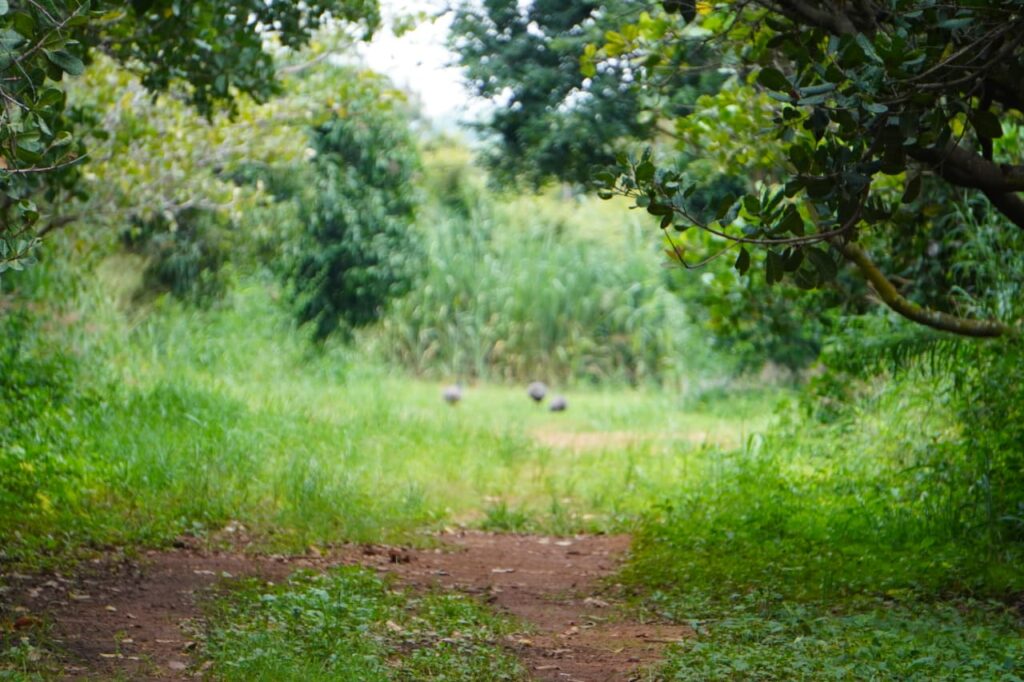
VIOLATION OF A PLETHORA OF GREEN LAWS
Environmentalists, naturalist and wildlife activists have raised alarms over potential violations of several state and national regulations. And they are:
- The project reportedly bypasses the mandatory Environmental Impact Assessment (EIA) under the MoEFCC guidelines.
- It violates the Karnataka Preservation of Trees Act (1976) with the felling of nearly 1000 trees.
- It also violates the Wildlife Protection Act (1972) as the campus is home to protected species such as Indian Peafowl, hornbills, and cobras.
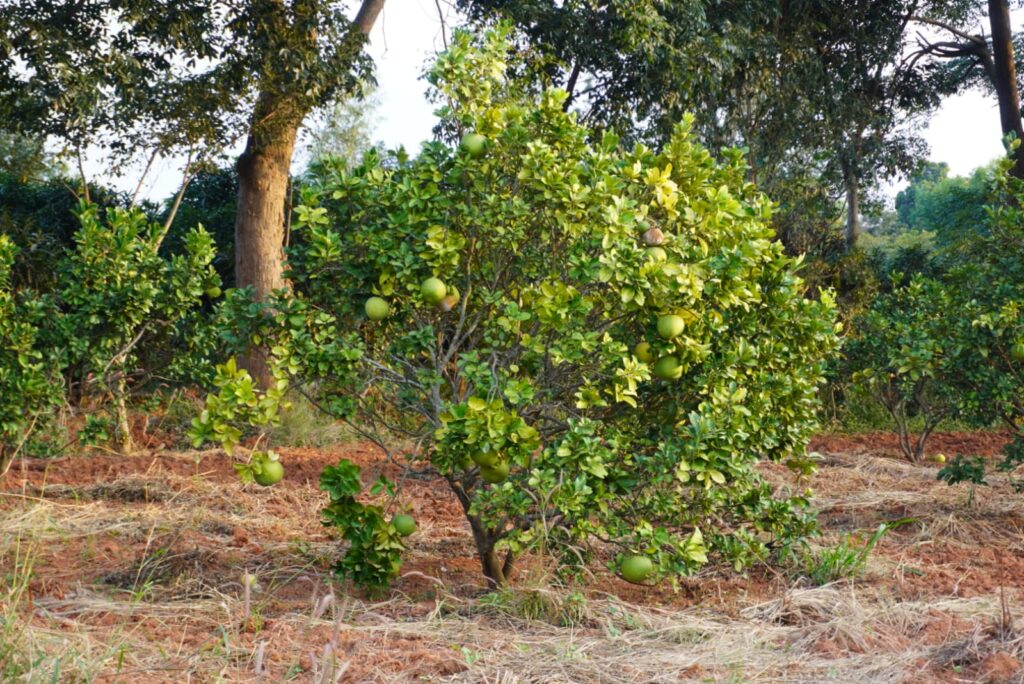
GKVK CAMPUS IS A GREEN ZONE
According to the Bengaluru Master Plan (RMP 2031), GKVK is designated as an Institutional and Green Zone. Here commercial development is strictly prohibited.
Diverting university land for a commercial flower market without legislative approval constitutes a violation of zoning laws and the public trust doctrine under Article 39(b) of the Constitution.
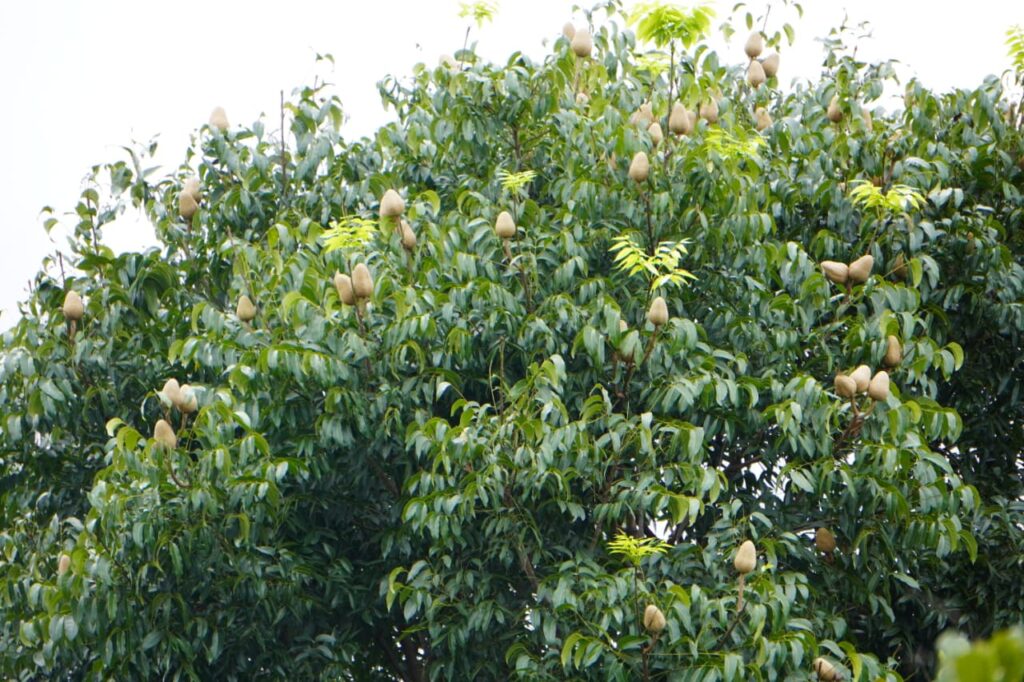
AREA SHRINKAGE, ICAR ACCREDITATION LOST
Another grave consequence lies in the threat to the College of Horticulture’s accreditation by the Indian Council of Agricultural Research (ICAR).
The Council mandates a minimum of 150 acres of functional research land for continued accreditation.
The proposed project would shrink the available area below this limit, risking the loss of ICAR recognition – a move that could invalidate degrees and jeopardize the careers of hundreds of students.
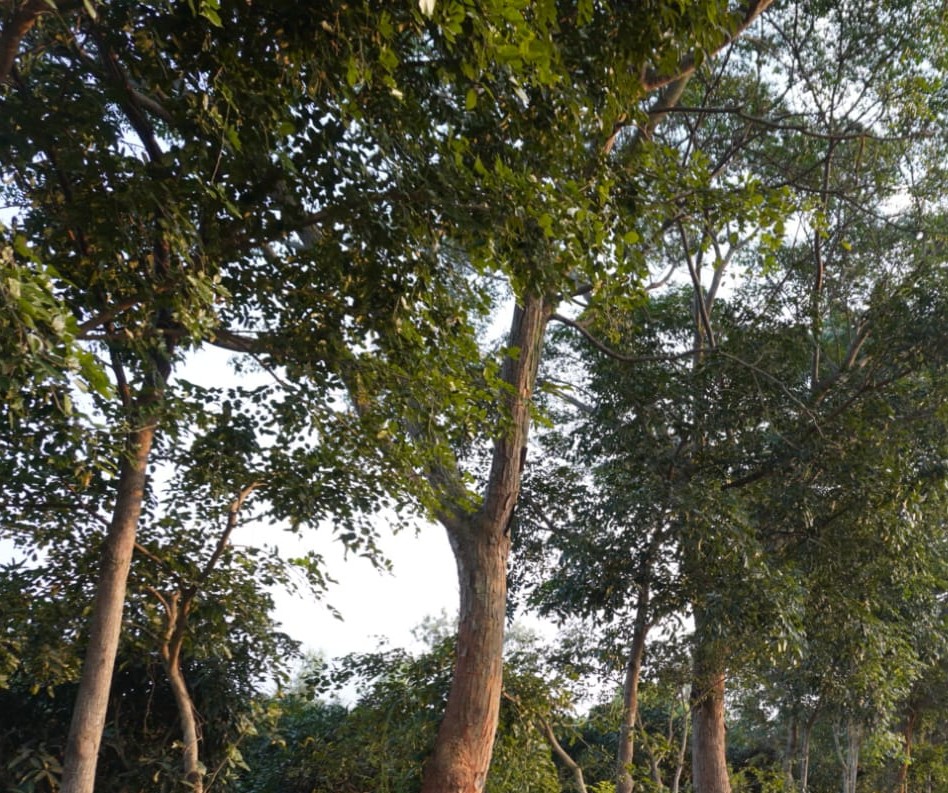
UNIVERSITY & RESIDENTS WOES
A worried faculty member from UHS campus, GKVK said, “The GKVK campus is not just a piece of land; it represents decades of agricultural research and a future of sustainable development. Replacing a research field with a commercial market is not development but in fact, intellectual destruction.”
Further, residents of Yelahanka, Vidyaranyapura, Sahakaranagara and nearby areas have expressed serious concern over the rise in noise, waste, and traffic congestion. They say, “The flower market, functioning during night hours, will bring in hundreds of trucks and vans daily. With inadequate waste management infrastructure, our area will face sanitation issues, odour problems, traffic congestion and also rise in pests.”
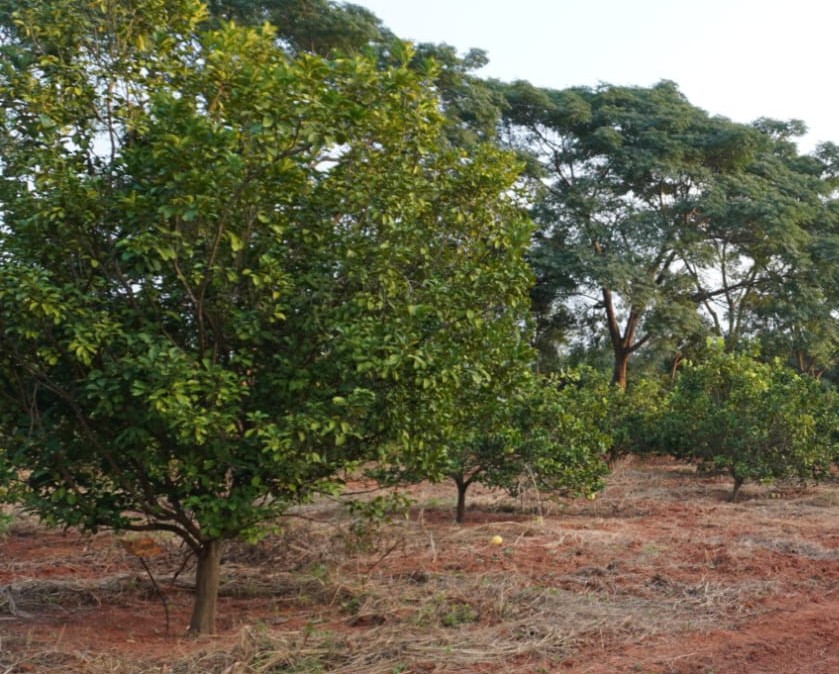
VIABLE ALTERNATIVE SITES AVAILABLE
Activists emphasize that there are several viable alternative sites for the international flower auction market including areas near the Kempegowda International Airport, Devanahalli, and the Peripheral Ring Road Corridor where such a facility could be developed without harming the environment or academic lands.
The alternative locations also offer better logistics for export-oriented flower trade while at the same time, preserving Bengaluru’s last remaining green spaces.
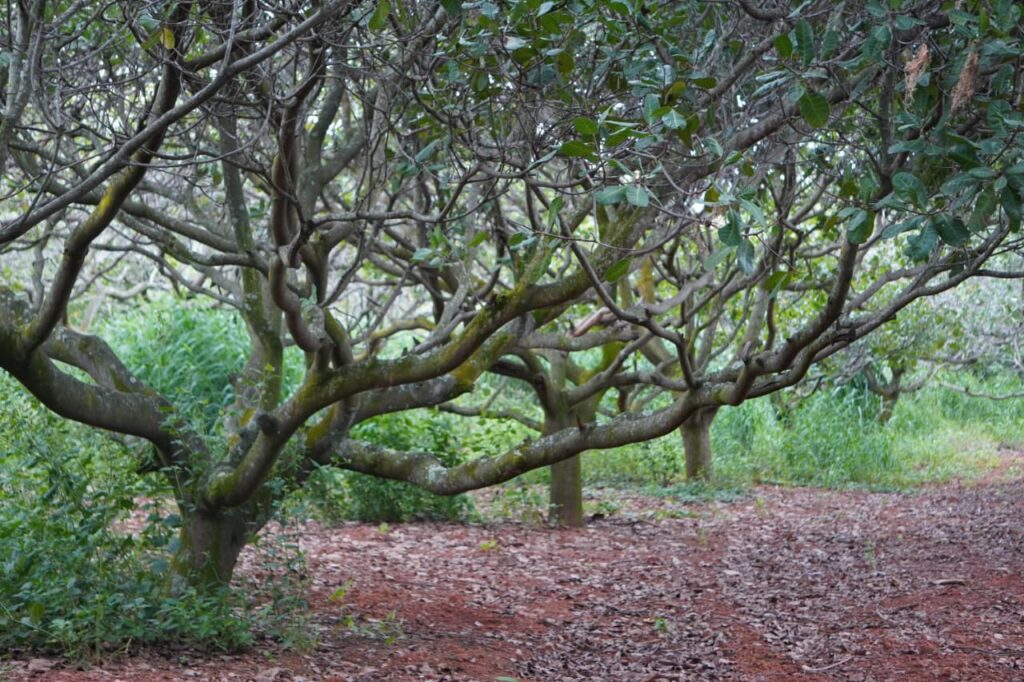
SAVE GKVK CAMPUS CAMPAIGN
Many stalwarts from Karnataka as also farmers’ organizations have come forward to support the Save GKVK Campus Campaign. They include – former minister & four time MLA, A T Ramaswamy, now heading an environmental organization – Parisarakagi Naavu, Kurubura Shanthakumar, prominent farmer leader & President, Federation of Farmers’ Association of Karnataka and Gurudev Narayan Kumar, Kannada Cheluvali activist, D T Devare, Trustee, Bangalore Environment Trust, Joseph Hoover, United Conservation Movement, Bhargav, researcher and member of Bangalore Biodiversity Management Committee and many others.
The Save GKVK Campus campaign, spearheaded by the Project Vruksha Foundation and supported by university alumni, students, farmers, environmentalists and citizens’ groups, has gained momentum across Bengaluru and the surrounding taluks. Peaceful demonstrations, petitions, and social media campaigns are urging the Karnataka government to withdraw the project and protect GKVK’s unique biodiversity.
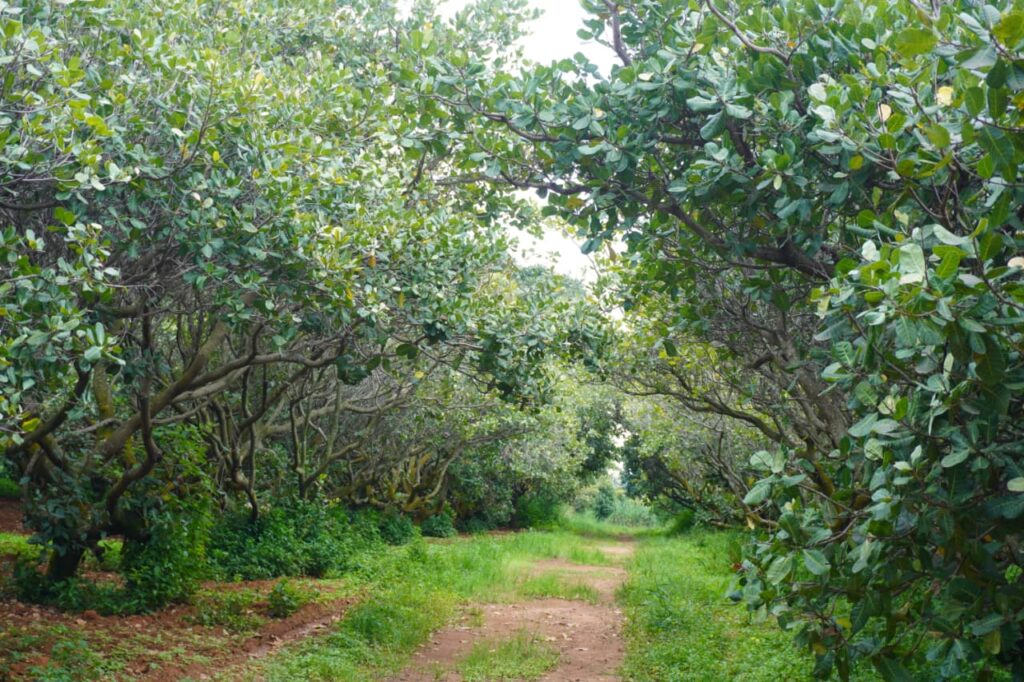
“Bengaluru has already lost much of its greenery to unchecked urbanization,” says Vijay Nishanth, President of Project Vruksha Foundation. “If we lose GKVK, we lose more than trees. We lose our scientific heritage, our farmers’ support system, and the city’s environmental balance.”
As pressure mounts, citizens are calling on the Karnataka government, environmental authorities, and academic bodies to intervene before irreversible damage is done. The movement to save GKVK has now become symbolic of a larger fight. It is a desperate fight to protect Bengaluru’s identity as the Garden City, to uphold ecological ethics, and to ensure that progress never comes at the cost of nature and knowledge.
